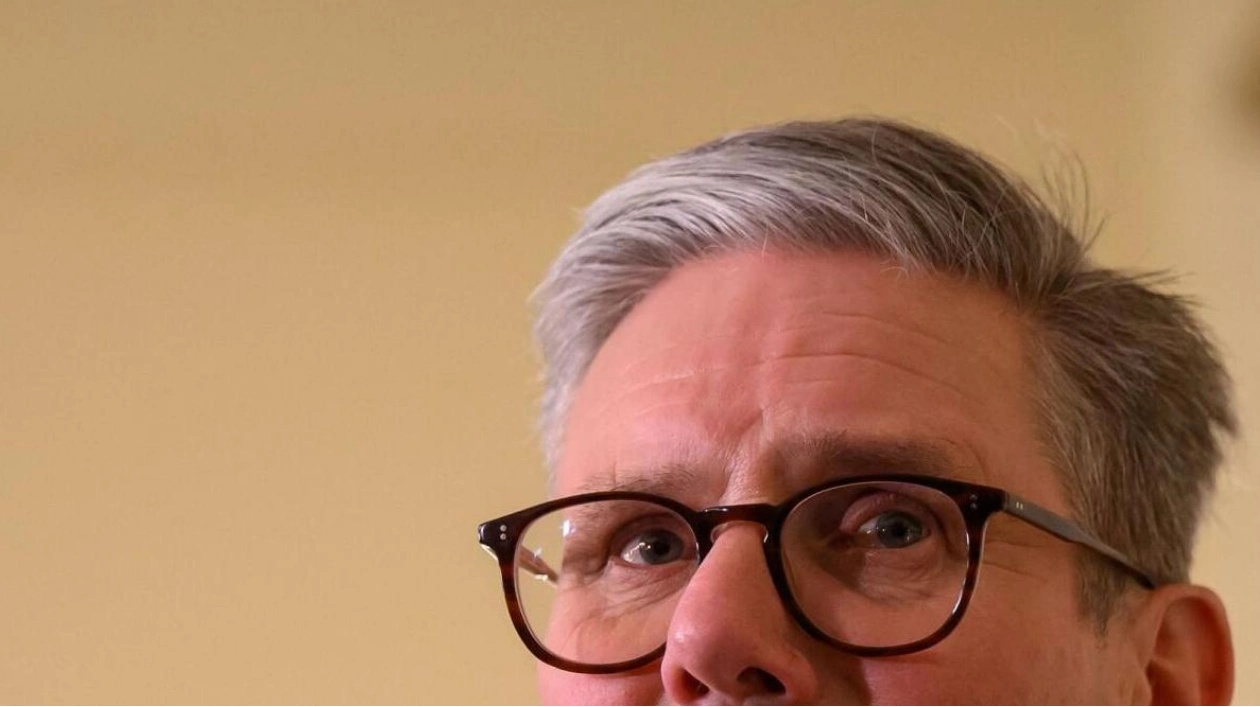Britain's Prime Minister Keir Starmer. REUTERS
British Prime Minister Keir Starmer is set to outline more specific policy objectives in the coming week to fulfill the government's five primary goals, which encompass economic growth, healthcare, crime reduction, and green energy initiatives, as his party nears the five-month mark in power. Labour secured a significant majority in the UK's House of Commons in July, marking their first time in power in 14 years, but recent opinion polls have shown them trailing slightly behind the opposition Conservative Party.
Starmer announced that he will present a "plan for change" in the next phase of achieving these goals, which include the highest sustained growth among the G7 advanced economies, a reduction in serious violent crime by half, lower energy costs, and enhanced state-provided healthcare. "A mission-led government does not select milestones because they are easy or will occur naturally. It means persistently striving for genuine enhancements in the lives of working people," Starmer stated in a release from his office.
Government ministers and officials will be directed to prioritize these goals over the traditional focus areas of individual ministries, according to Starmer's office. Senior Labour minister Pat McFadden revealed that the plan will address immigration, a critical issue for voters according to polls, but it will not set numerical targets. Official data indicated that net migration reached a record high of over 900,000 in the year to June 2023.
"We aim to reduce it," McFadden told the BBC's Sunday with Laura Kuenssberg programme. "We will not set a numerical target for net migration, but we will ensure we do more to train our workforce and help long-term sick individuals off benefits." Labour's tenure in office has not been without challenges. Ministers claim that the previous government hid the extent of issues in areas like prisons and the immigration system, contributing to a £22 billion deficit in public finances, according to finance minister Rachel Reeves.
The Conservatives dispute this, arguing that much of the cost overrun was due to Labour's decisions to increase public-sector pay and standard in-year spending variations. Reeves announced £40 billion in tax increases in her first budget last month, up from around £8 billion in Labour's pre-election plan, alongside higher borrowing to halt a decline in public investment planned by the previous government. Businesses have expressed concerns that they will bear the brunt of these tax increases, potentially leading to cuts in investment or jobs and necessitating price hikes.
Source link: https://www.khaleejtimes.com






